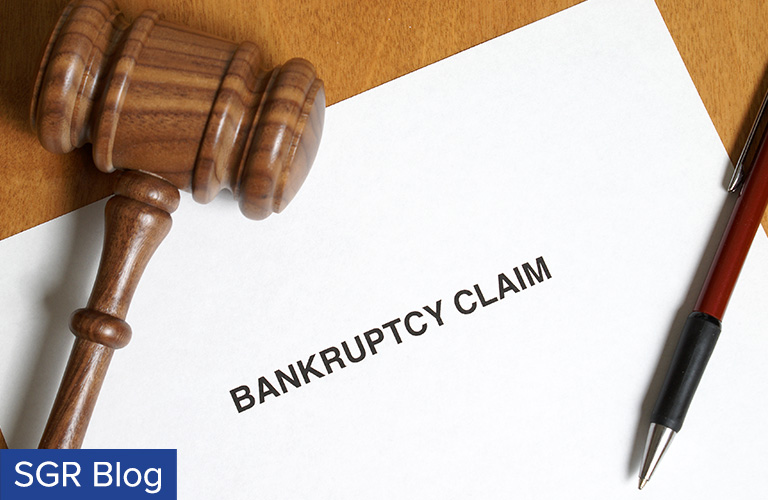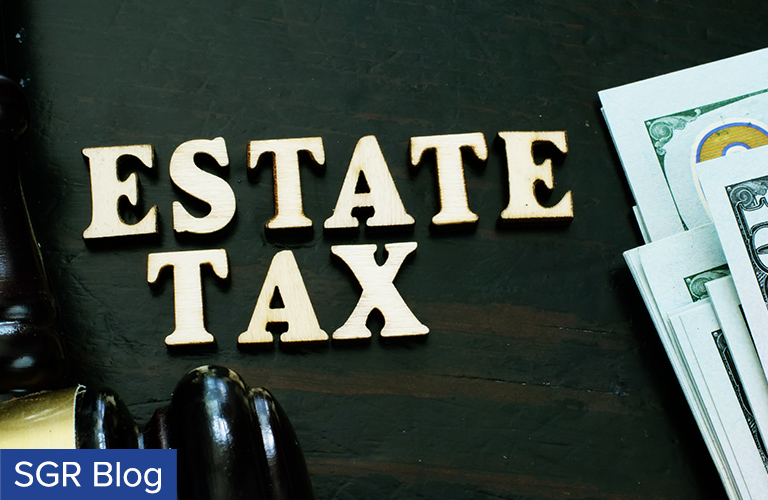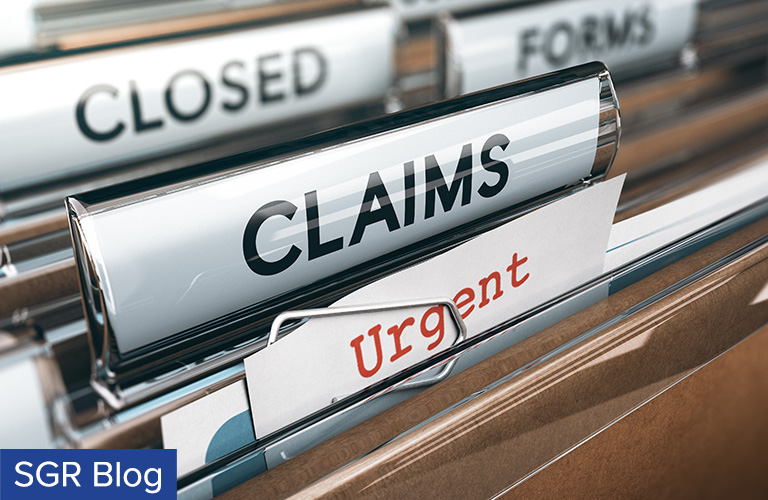
During the current economic downturn arising from the COVID 19 pandemic, many businesses are struggling with payments to lenders, landlords and contractors. This SGR Tax Blog posting addresses the tax consequences to each party when a payment is deferred or renegotiated. While the tax consequences of such are frequently not foremost in the minds of debtors, they often drive decisions on the creditor side. Accordingly, even for debtors an overview of these rules can help explain positions taken by creditors. The tax rules on debt instruments (“DI’s”) are more complicated and we address them first. Leases and other arrangements are… Read more





